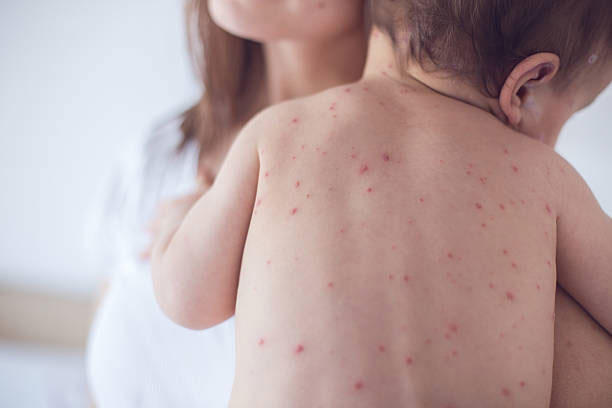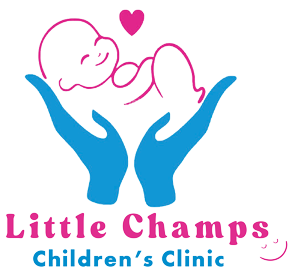What is chickenpox?
Chickenpox, also known as varicella, is a highly contagious viral infection primarily affecting children. Though often considered a rite of passage for many, chickenpox can be uncomfortable and sometimes serious. Understanding the ins and outs of chickenpox is crucial for parents to navigate this common childhood illness effectively. In this comprehensive guide, we'll delve into what chickenpox is, its symptoms, treatment options, prevention strategies, and everything else parents need to know to ensure their child's well-being.

Know About Chickenpox
Chickenpox is caused by the varicella-zoster virus (VZV), belonging to the herpesvirus family. It spreads easily through respiratory droplets or direct contact with the fluid from chickenpox blisters. The virus typically causes a blister-like rash, accompanied by fever and general discomfort. Children are the most vulnerable group, although adults who haven't had chickenpox or the vaccine can also get infected.
Signs and Symptoms of Chickenpox
Recognizing the symptoms of chickenpox is crucial for early detection and appropriate management. Common signs and symptoms include:
- Rash: Characterized by itchy, red spots that develop into fluid-filled blisters before crusting over.
- Fever: Mild to moderate fever often precedes the appearance of the rash
- Fatigue: Children may feel tired or irritable.
- Loss of appetite: Reduced appetite is common during the illness.
- Headache: Some children may experience headaches along with other symptoms.
Complications
While chickenpox is usually mild, it can lead to complications, especially in certain high-risk groups such as newborns, pregnant women, and individuals with weakened immune systems. Complications may include bacterial skin infections, pneumonia, encephalitis, and in rare cases, even death. It's essential to monitor children closely and seek medical attention if complications arise.
Treatment Options
The management of chickenpox primarily focuses on alleviating symptoms and preventing complications. Treatment measures may include
- Over-the-counter medications: Acetaminophen can help reduce fever and relieve discomfort. Avoid aspirin, as it may increase the risk of Reye's syndrome.
- Antihistamines: These can help alleviate itching associated with the rash
- Calamine lotion or oatmeal baths: These topical treatments can soothe irritated skin
- Rest and hydration: Encourage plenty of fluids and rest to support the immune system's fight against the virus
Prevention Strategies
Vaccination is the most effective way to prevent chickenpox and its complications. The varicella vaccine is typically administered in two doses, starting at around 12-15 months of age, with a second dose between 4-6 years. Vaccination not only protects individuals but also helps reduce the spread of the virus within communities.
Managing Chickenpox at Home
When a child contracts chickenpox, certain measures can help manage the illness at home while preventing its spread to others:
- Isolation: Keep the infected child away from school, daycare, and other social activities until all blisters have crusted over.
- Hygiene: Encourage frequent handwashing, and ensure proper disposal of tissues and other items contaminated with nasal or respiratory secretions.
- Comfort measures: Provide a comfortable environment, offer fluids, and distract the child from itching to prevent scratching and potential bacterial infections
When to Seek Medical Attention
While most cases of chickenpox resolve on their own without complications, certain warning signs warrant medical attention
- High fever (above 102°F or 38.9°C)
- Difficulty breathing or chest pain
- Stiff neck or severe headache
- Worsening rash or signs of infection
- Drowsiness or confusion
Chickenpox is a common childhood illness that, while usually mild, can pose risks, particularly for certain vulnerable populations. By understanding its symptoms, treatment options, prevention strategies, and when to seek medical attention, parents can effectively navigate their child's journey through chickenpox while ensuring their health and well-being.
chickenpox, though often perceived as a benign childhood illness, requires careful management and attention from parents. By staying informed and proactive, parents can help their children recover from chickenpox safely and minimize the risk of complications. Remember, when in doubt, always consult a healthcare professional for guidance tailored to your child's specific needs.
